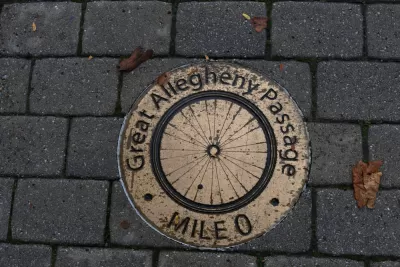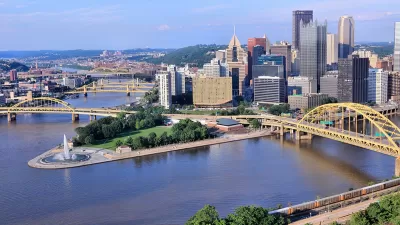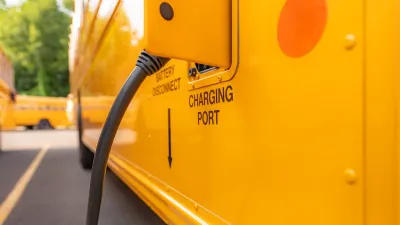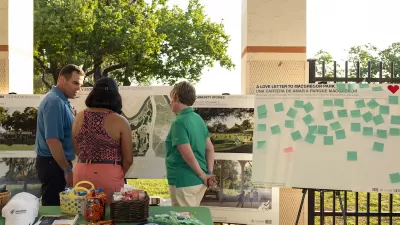Small communities once dependent on coal, coke, paper, lumber, and manufacturing now have a 150-mile bike and pedestrian path contributing to the local economy.

According to a study published this week by Pittsburgh-based consultants Fourth Economy and the Great Allegheny Passage Conservancy, the Great Allegheny Passage (GAP) generated over $121 million in economic impact in 2019.
To measure economic impact along the 150-mile pedestrian and bike path that connects Downtown Pittsburgh with Cumberland, Maryland, researchers surveyed 125 owners of trail-facing businesses, 784 GAP users, and 163 residents of trail towns, according to an announcement written by GAP Conservancy Executive Director Bryan Perry.
Bob Batz Jr. also picked up the news of the study for the Pittsburgh Post-Gazette, including some extra insight and analysis of the study. One key talking point that made it into the article is delivered by Fourth Economy Senior Consultant Mickey McGlasson: "It looks like a scenic trail, but for the communities along the way, that’s an economic highway."
The article by Batz Jr. provides a lot more detail on the effect of the GAP between Pittsburgh and Maryland, including some historical perspective. A previous economic impact study of the GAP "estimated the direct spending by tourists on the then-unfinished trail to total $40.7 million," for example. In 2019, direct spending amounted to $74 million of the $121 million total.
"The new study reflects a continued renaissance along the trail, with nearly 40% of business owners surveyed reporting having founded a new trail-facing business between 2015 and 2019. That’s part of why 93% of survey respondents said the GAP makes their community more vibrant," writes Batz Jr.
And in case you wondering, Batz Jr. also notes that the Great Allegheny Passage has been mentioned as a component of the Great America Rail-Trail that could some day connect Washington State to Washington, D.C.
FULL STORY: Study: Great Allegheny Passage is 'an economic highway' that generated $121 million in 2019

Alabama: Trump Terminates Settlements for Black Communities Harmed By Raw Sewage
Trump deemed the landmark civil rights agreement “illegal DEI and environmental justice policy.”

Study: Maui’s Plan to Convert Vacation Rentals to Long-Term Housing Could Cause Nearly $1 Billion Economic Loss
The plan would reduce visitor accommodation by 25% resulting in 1,900 jobs lost.

Planetizen Federal Action Tracker
A weekly monitor of how Trump’s orders and actions are impacting planners and planning in America.

Grand Rapids Mayor Proposes Garage Conversion Plan
The mayor says allowing homeowners to convert garages to dwelling units could alleviate the city’s housing shortage.

Baltimore Ordered to Improve Sidewalk Accessibility
The city is one of many to face lawsuits for failing to comply with the Americans with Disabilities Act.

This Toronto Suburb Has More Bus Riders Than Columbus, Ohio
Brampton, Ontario used gradual improvements in service to prove that if you build it, they will ride.
Urban Design for Planners 1: Software Tools
This six-course series explores essential urban design concepts using open source software and equips planners with the tools they need to participate fully in the urban design process.
Planning for Universal Design
Learn the tools for implementing Universal Design in planning regulations.
Smith Gee Studio
Alamo Area Metropolitan Planning Organization
City of Santa Clarita
Institute for Housing and Urban Development Studies (IHS)
City of Grandview
Harvard GSD Executive Education
Toledo-Lucas County Plan Commissions
Salt Lake City
NYU Wagner Graduate School of Public Service





























